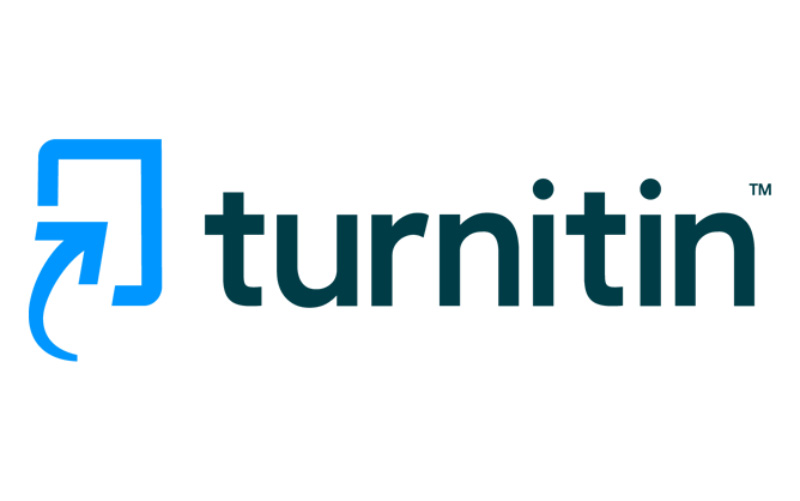PERAN SERTA ORGANISASI PEMBERDAYAAN KESEJAHTERAAN KELUARGA (PKK) DALAM UPAYA PENCEGAHAN DAN PENANGANAN DINI KORBAN KEKERASAN
Abstract
The specific purpose and target of this research is to determine the role of family welfare empowerment organizations (PKK) in the prevention and early handling of women and children victims of violence. The reason for researching this topic is the increase in the number of victims of violence against women and children every year. Based on data from the Ministry of Women's Empowerment and Child Protection, it is shown that since 2012 it has increased from 18,718 to 54,041 cases in June 2017 and until February 2018 it has shown 374 cases of violence against women and children. In this case, the Government is responsible for providing optimal services needed by victims, both medical, psychological, and legal assistance in an effort to recover their condition. The government in providing services to victims should cooperate and partner with the community, especially in the prevention and early handling of victims of violence. Prevention and early handling of victims of violence at the village level can empower family welfare empowerment organizations (PKK) which are government partners that are considered effective in the prevention and early handling of women and children victims of violence in their areas. Based on these reasons, it is necessary to study in depth the role of the PKK organization in preventing and early handling of women and children victims of violence. To achieve specific goals and targets in this study, the research method used is a normative research method with a statue approach and a conceptual approach.The results of the study provide an overview 1) there is a clear regulation in the laws and regulations related to the participation of the PKK in preventing and early handling of victims of violence, what needs to be further regulated is regulation in the form of Village Regulations and customary law (awig-awig) related to the participation of PKK and indigenous women in the prevention and early handling of victims of violence. 2) the procedures for preventing and early handling of victims of violence need to be stated in the operational standards in the village and the traditional village paparem.
References
Cohen, M.L dan Olson, K.C. (2000). Legal Research In A Nutshell. Seventh Edition, ST. Paul, Minn: West Group
Fakih, M. (1997). Analisis Gender dan Transformasi Sosial. Pustaka Pelajar Offset.
Hamidi, J. (2008). Panduan Praktis Pembentukan Peraturan Daerah Partisipatif. Jakarta : Prestasi Pustaka Publisher
Irianto, S. (2009). Memperkenalkan Studi Sosiolegal dan Implikasi Metodologisnya, makalah dalam Metode Penelitian Hukum Konstelasi dan Refleksi. Editor Sulistyowati Irianto &Shidarta. Jakarta : Yayasan Obor Indonesia
Marzuki, P.M. (2005). Peneitian Hukum. Cetakan ke-1. Jakarta : Kencana.
Mufidah C.H. dkk. (2006). Haruskah Perempuan dan Anak Dikorbankan, Panduan Pemula untuk Pendampingan Korban Kekerasan Terhadap Perempuan dan Anak. Malang : Pilar Media
Soekanto, S. (1986). Pengantar Penelitian Hukum. Jakarta : Universitas Indonesia (UI) Press
Waluyo, B. (1991). Penelitian Hukum Dalam Praktek. Jakarta: Sinar Grafika
2. Disertasi
Atmaja,G.M.W. (2012). Politik Pluralisme Hukum dalam Pengakuan Kesatuan Masyarakat Hukum Adat dengan Peraturan Daerah. Disertasi Doktor. Program Doktor Ilmu Hukum Fakultas Hukum Universitas Brawijaya. Malang
3. Artikel Internet
http://kekerasan.kemenpppa.go.id/, diakses 12 februari 2018.
Authors whose manuscript is published will approve the following provisions:
-
The right to publication of all journal material published on the AKTUAL JUSTICE journal website is held by the editorial board with the author's knowledge (moral rights remain the property of the author).
-
The formal legal provisions for access to digital articles of this electronic journal are subject to the terms of the Creative Commons Attribution-ShareAlike (CC BY-SA) license, which means Jurnal of AKTUAL JUSTICE reserves the right to store, modify the format, administer in the database, maintain and publish articles without requesting permission from the Author as long as it keeps the Author's name as the owner of Copyright.
-
Printed and electronically published manuscripts are open access for educational, research, and library purposes. In addition to these objectives, the editorial board shall not be liable for violations of copyright law.









1.png)

